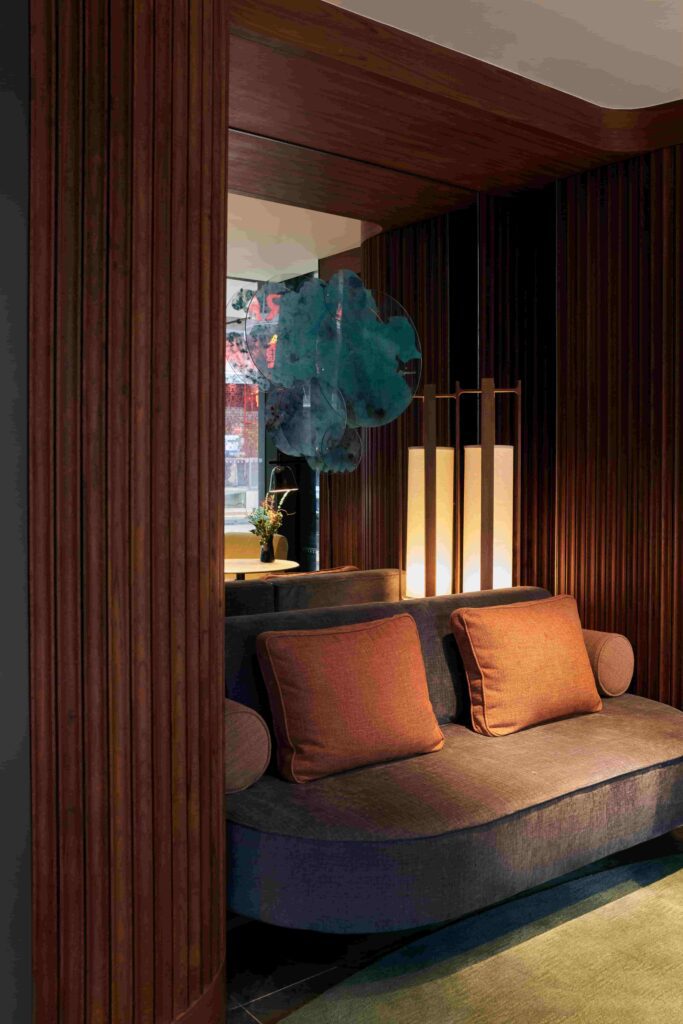
What Makes Boutique Hotels Different from Luxury Hotels?
Checking into a hotel isn’t simply about a bed for the night anymore—it’s about choosing an experience. Whether you’re planning a romantic city escape or a business trip with a little indulgence, the question often arises: Should you go boutique or book into a grand luxury hotel? Both promise comfort and sophistication, yet they deliver in distinctly different ways.
Let’s take a closer look at what sets them apart, and why your choice can completely change the way you travel.
Understanding Hotel Categories
At its simplest, luxury hotels are the stalwarts of opulence—often large, established properties with impeccable service, an impressive roster of amenities, and international brand recognition. They embody prestige, consistency, and polished perfection.
Boutique hotels, meanwhile, emerged as the antidote to uniformity. Think smaller, design-led properties that blend into their neighbourhood with a story to tell—each one a little different, a little unexpected, and often a lot more intimate.
Defining Boutique Hotels vs. Luxury Hotels
While both categories overlap in comfort, boutique hotels are less about sheer grandeur and more about personality. They offer a carefully curated aesthetic, with details that speak of heritage, culture, or even an eccentric artistic vision. Luxury hotels, on the other hand, are about setting universal standards: spacious suites, marble bathrooms, fine dining, and a certain air of grandeur that’s instantly recognisable anywhere in the world.
Key Differences Between Boutique and Luxury Hotels
Think of boutique and luxury as two branches of the same elegant family tree: one revels in personality, the other in polish. Both can be exquisite—it just depends on whether you want a stay that feels artfully one-of-a-kind or impeccably grand on a global scale.
Size and Scale of the Property
Luxury hotels often sprawl—hundreds of rooms, ballrooms, conference spaces, multiple restaurants. Boutique hotels typically keep it small, with anywhere from 20 to 100 rooms, making every guest feel seen. For instance, Singapore’s 21 Carpenter offers just 48 thoughtfully designed rooms, each an intimate retreat infused with heritage details.
Interior Design and Architecture
Luxury hotels frequently showcase classic grandeur—sweeping lobbies, chandeliers, marble staircases. Boutique hotels, however, dare to surprise. At 21 Carpenter, a former remittance house from 1936, has been reimagined by award-winning architects WOHA. Vintage inscriptions from remittance letters now adorn its façade, making design not just decoration but narrative.
Personalised Guest Experience
Boutique hotels excel in tailoring the stay to you—staff know your name, your favourite cocktail, and perhaps even your travel story. Luxury hotels certainly provide high standards of service, but boutique hotels add intimacy, weaving personal touches into the entire experience.
Location and Neighbourhood Integration
Boutique hotels love to sit at cultural crossroads, placing guests right in the pulse of local life. 21 Carpenter, for example, stands between Singapore’s historic Chinatown and lively Clarke Quay, inviting travellers to slip easily between heritage temples and buzzing bars. Luxury hotels often gravitate toward prime districts too, but with a focus on exclusivity rather than immersion.
Ownership and Brand Identity
Luxury hotels are usually part of vast global chains—think Four Seasons, Ritz-Carlton, or Mandarin Oriental. Boutique hotels tend to be independently owned or part of niche portfolios. 21 Carpenter, for instance, is a proud member of the Design Hotels™ portfolio, emphasising individuality within a curated global collective.
Services and Amenities
Luxury hotels sweep you away with breadth—Michelin-starred dining, destination spas, luxury boutiques. Boutique hotels offer a refined selection of spaces that feel personal and intentional. At 21 Carpenter, you’ll find Kee’s, a Neo-Bistro & Bar blending heritage and contemporary flair, a serene garden terrace, and a rooftop infinity pool that frames the city skyline like a living painting.
Price and Value Perception
Luxury hotels often carry a price tag tied to reputation and scale. Boutique hotels may be more approachable, but the value lies in their distinctiveness: staying somewhere that feels one-of-a-kind, where heritage, design, and intimacy are as much part of the experience as thread-count sheets.
Which Type of Hotel Is Right for You?
The choice between boutique and luxury comes down to what you value most in a getaway. If you crave consistency, grandeur, and international standards, luxury hotels deliver. If you yearn for intimacy, cultural immersion, and a story woven into every detail, boutique hotels might be your answer.
In truth, it’s not a contest—it’s a matter of mood. Some trips call for the glossy perfection of a luxury icon; others, for the soulful intimacy of a boutique gem like 21 Carpenter, where heritage is retold and reimagined for the modern traveller.
So the next time you’re planning a stay, ask yourself: do you want the familiar embrace of timeless luxury, or the thrill of stepping into a story only a boutique hotel can tell?
